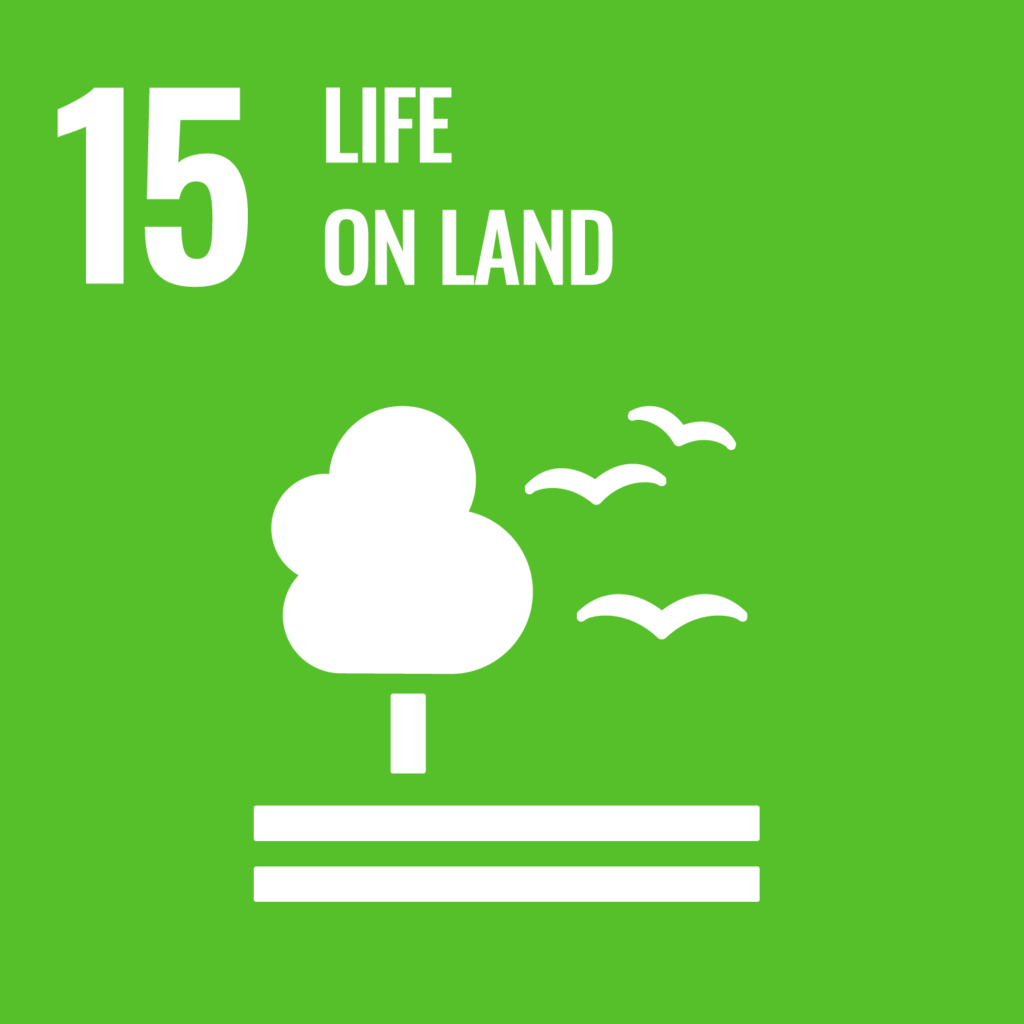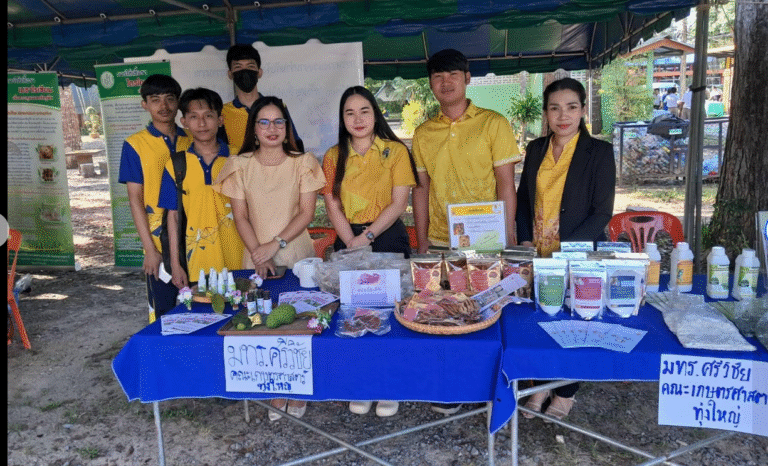Reporters: Asst.Prof.Dr. Prapot Maliwan
Assoc.Prof.Dr. Pornsil Seephueak
Asst.Prof.Dr. Nion Chirapongsathonkul
Asst.Prof.Dr. Worawitoo Meesook
Evidence Date: during 2024 Jan-Dec
Related Indicator: 15.4.2
Details:
Assistant Professor Dr. Prasert Nontakan, lecturer in the Faculty of Science at Rajamangala University of Technology Srivijaya, together with his research team, organized a training program to transfer knowledge and technology on water hyacinth management. The technology introduced was a processing machine for producing biodegradable seedling pots made from water hyacinth, developed through a research project supported by the Royal Initiative under the Pak Phanang Basin Development Project. This innovation aims to transform water hyacinth, an invasive aquatic weed causing serious environmental problems, into a valuable raw material. By producing seedling pots from natural fiber instead of plastic bags, the project addresses multiple challenges: reducing plastic waste, lowering the spread of invasive species, and creating economic opportunities for local communities. The initiative reflects a practical approach to sustainable natural resource management, aligned with SDG 15.4.2, which emphasizes the conservation and restoration of ecosystems in fragile areas.
The training highlighted the dual benefits of addressing plastic waste pollution and invasive water hyacinth simultaneously. Plastic, widely used in agriculture as seedling bags, contributes to long-term environmental pollution due to its resistance to microbial degradation. The burning of plastic waste releases carbon dioxide and other toxic gases, further aggravating global warming. In contrast, water hyacinth, which has proliferated in Thai waterways for over a century, poses significant ecological and socio-economic impacts, obstructing water flow, reducing biodiversity, and impairing agricultural water use. Through the adoption of eco-friendly technology, the project converts this problem plant into a sustainable resource. The biodegradable pots produced decompose naturally within a short period, preventing environmental accumulation and supporting soil health. This innovative practice not only mitigates environmental challenges but also promotes the circular economy by utilizing agricultural residues and natural biomass.
Approximately 30 participants, including farmers, community leaders, and representatives from government agencies such as the Royal Irrigation Department, joined the training session. The workshop provided hands-on experience in operating the processing machine, producing seedling pots, and understanding their practical applications in agriculture. Farmers expressed interest in applying the innovation within their communities to manage water hyacinth more effectively. This transfer of technology is expected to reduce the environmental burden of invasive species while fostering sustainable agricultural systems. Furthermore, the project contributes to enhancing community resilience by providing alternative income sources and reducing dependence on non-biodegradable plastic materials. Ultimately, the initiative supports the achievement of SDG 15 by promoting the sustainable use of terrestrial ecosystems, conserving biodiversity, and improving the balance between human activities and natural resources for future generations.
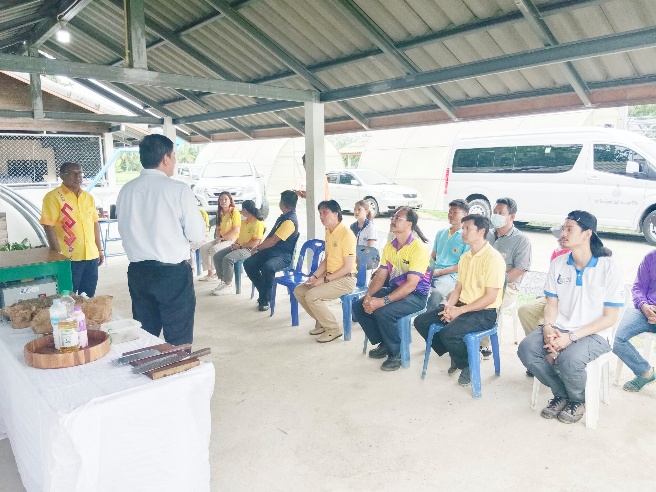
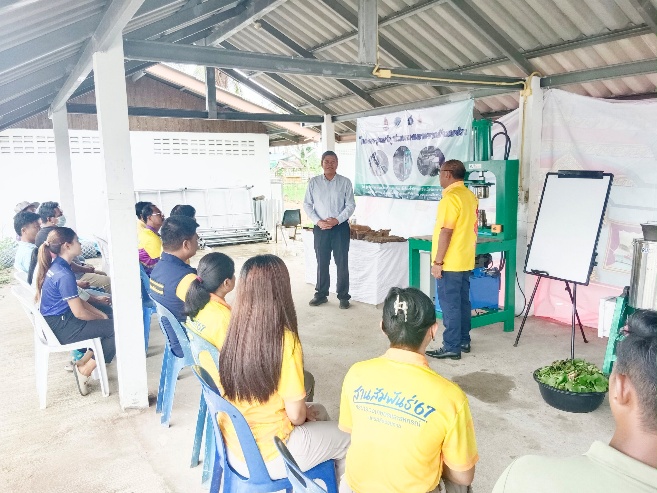
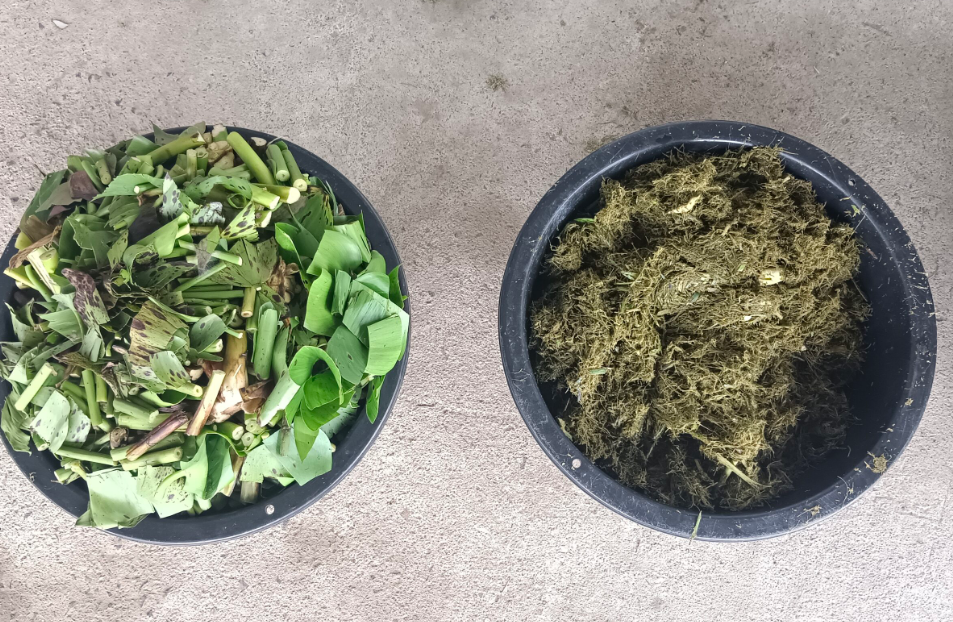
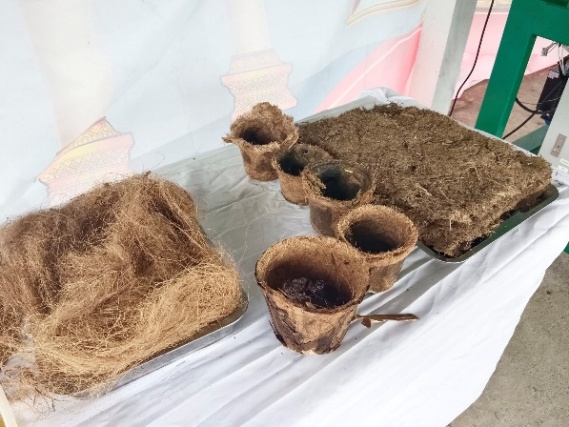
Related Links:

